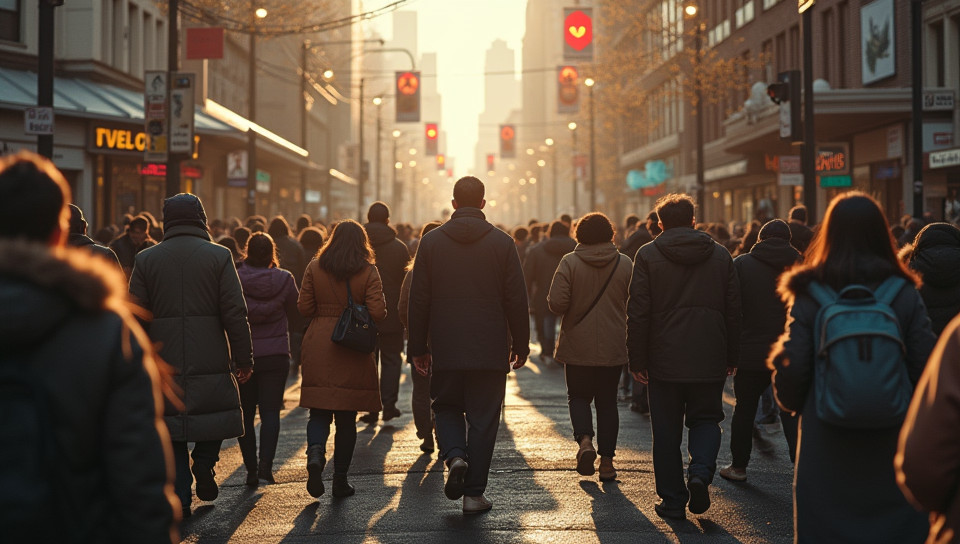Systemic oppression affects people from all walks of life 83%

Systemic Oppression: A Universal Reality
In a world where inequality and injustice seem to be embedded in every system, it's easy to think that systemic oppression only affects marginalized communities. However, the truth is that no one is immune to its far-reaching effects. From the boardroom to the bedroom, from rural towns to urban centers, systemic oppression weaves its way into every aspect of our lives.
The Many Faces of Systemic Oppression
Systemic oppression manifests itself in various forms and shapes, often hiding in plain sight. It can be as subtle as a whispered comment or as overt as a discriminatory policy. Here are some examples:
- Racial disparities in education and employment
- Sexism and misogyny in the workplace
- Homophobia and transphobia in schools and communities
- Ableism in healthcare and accessibility
- Economic inequality in wealth distribution
The Power of Intersectionality
Systemic oppression doesn't exist in a vacuum; it intersects with other forms of marginalization to create unique experiences for individuals. For instance, a woman of color may face sexism from her colleagues while also experiencing racism from her manager. This intersectionality can lead to multiple layers of oppression, making it difficult for individuals to access resources and support.
The Consequences of Systemic Oppression
The effects of systemic oppression are far-reaching and devastating. It can lead to:
- Mental health issues such as anxiety and depression
- Physical health problems due to lack of access to quality healthcare
- Social isolation and disconnection from communities
- Economic instability and poverty
- Reduced opportunities for social mobility and advancement
Breaking the Cycle of Oppression
So, what can we do to break the cycle of systemic oppression? Here are a few steps we can take:
- Educate ourselves: Learn about the different forms of systemic oppression and how they intersect.
- Listen to marginalized voices: Center the experiences of those who are most affected by oppression.
- Speak out against injustice: Use our privilege to amplify marginalized voices and challenge oppressive systems.
- Advocate for policy change: Push for policies that address systemic oppression and promote equality.
Conclusion
Systemic oppression is a reality that affects people from all walks of life, regardless of their background or socioeconomic status. By acknowledging its existence and working together to dismantle it, we can create a more just and equitable society. It's time to break the cycle of oppression and build a brighter future for everyone.
- Created by: Elif Özdemir
- Created at: Sept. 9, 2024, 11:15 p.m.
- ID: 9024






